‘EV is not the goal’ | Suzuki bosses commit to the future of internal combustion engines
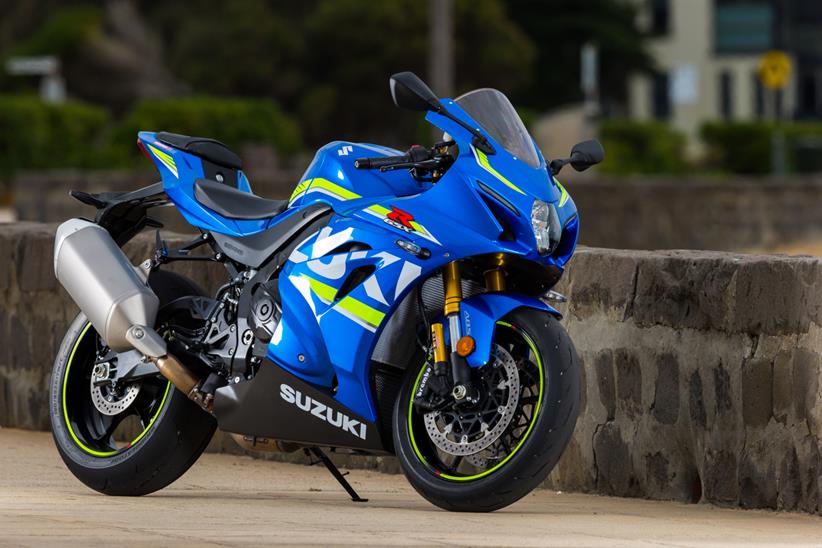
Suzuki have confirmed their dedication to the future of the internal combustion engine (ICE), saying they will explore a multifaceted approach to achieving low emission targets with investment into synthetic fuel technologies, as well as hydrogen propulsion.
Despite increasingly stringent emissions regulations facing manufacturers, the brand have stated that this stance will continue for at least the next decade.
Whilst electric bikes are firmly on the manufacturer’s radar – including plans to introduce small electric scooters to the market next year, Suzuki explained to MCN during an exclusive interview that they do not view electric propulsion as being a viable sole answer to motorcycling’s most pressing environmental conundrum – especially when it comes to larger capacity machines.
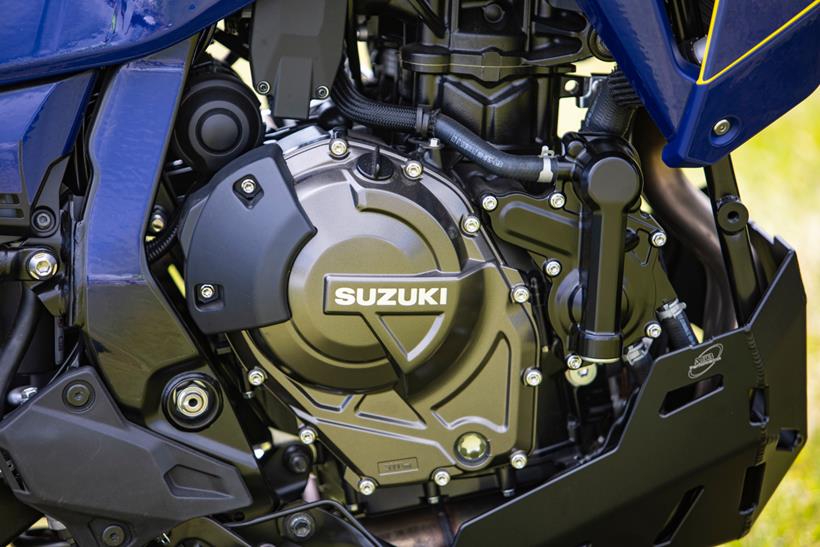
Department Manager, Suzuki Motorcycle Design Planning Department, Shinichi Sahara said: “In addition to the development of EV [electric vehicles], we think the development of ICE with sustainable energy is necessary to fully realise our potential to create sustainable solutions.
“By March 31, 2025, we will introduce four small battery powered electric scooters for use such as commuting to school or work, or shopping.
“For larger capacity motorcycles however, which tend to run for longer distances, we believe in multiple approaches and we will work to develop a variety of technologies, considering all kinds of solutions towards achieving carbon neutrality, not limited to EVs, but also solutions such as hydrogen engines, E85, E100, biofuels and other carbon neutral fuels.
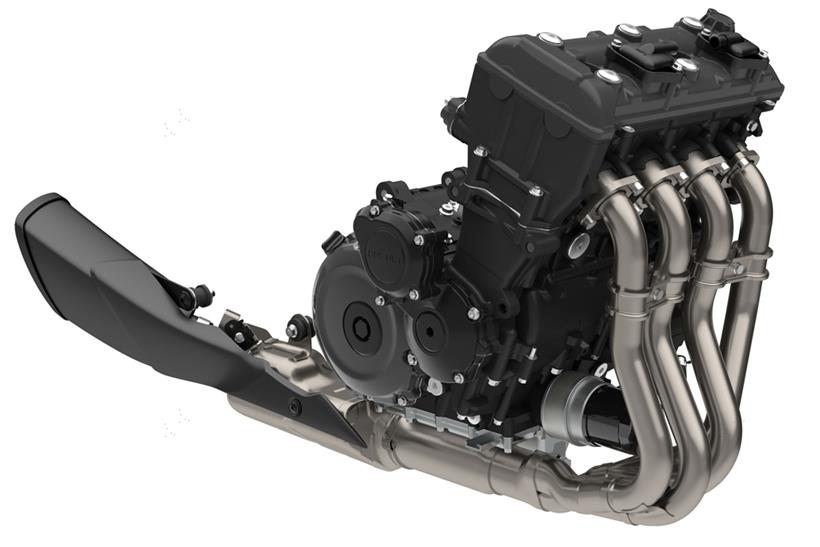
“EV is not the only solution for carbon neutrality. We believe a multi-pathway approach should be taken. Making EVs should not be the final goal, achieving carbon neutrality should be.”
The announcement follows the success of Team Suzuki Carbon Neutral Challenge in the 45th Suzuka Eight Hours Endurance race, in which the team rode to an impressive eighth place, finishing just four laps down on winners, Team HRC.
During the event, the team raced an experimental GSX-R1000R that employed a range of sustainable technologies, including bio-sourced engine oil from Motul, a bespoke full-system race exhaust from Yoshimura featuring a catalytic converter, Bridgestone tyres made from largely recycled material, and 40% bio-sourced petrol to power the ‘green’ Gixxer.
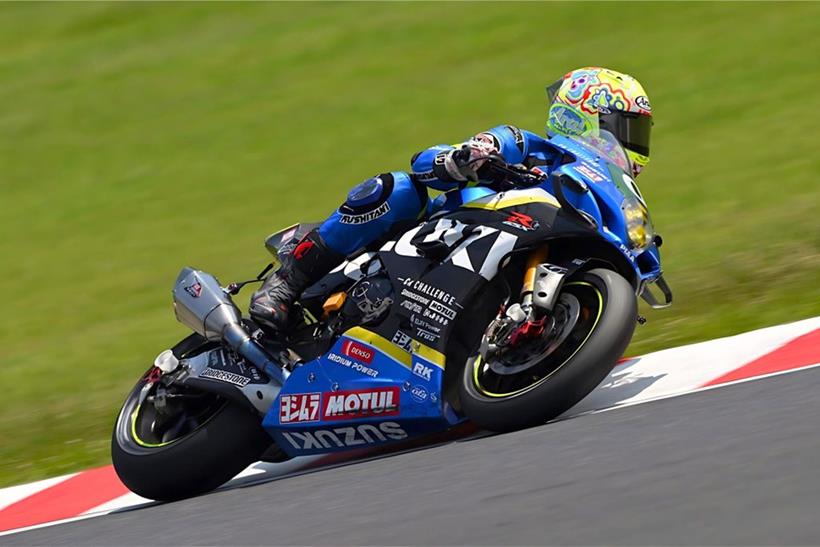
Amongst other targets, the project exists to explore the suitability of sustainable technologies for future production models, with engineers looking at ways to achieve unencumbered performance and reliability, whilst reducing production costs to a point where low emission, high performance bikes become economically viable to the public.
Shinichi Sahara added: “Despite our use of sustainable items, we were still able to be competitive. The purpose of the project was to test these items and overcome new challenges. At the time we bought the bike to the Suzuka test in June, we were able to proceed with no mechanical problems.
“Using sustainable items was not a drawback to achieving this performance. It’s true, these items gave different characteristics from standard products or materials, so we worked on adapting the bike and our riding style to achieve these results,” the former MotoGP boss continued.
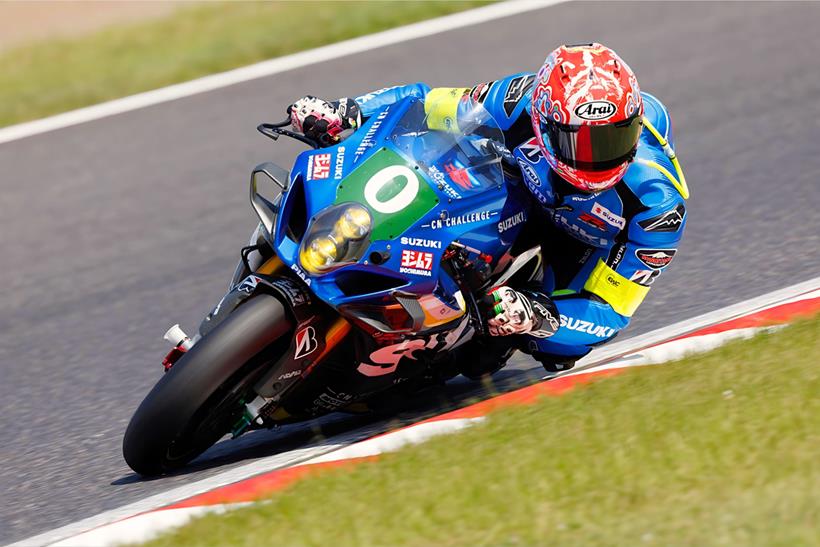
Whilst many areas of the project are unlikely to see mass production, some elements, such as e-fuels are likely to trickle down to everyday bikes.
“The technology should be fed back into product development. Technical feedback is one of the project’s objectives and we believe there are some items with practical wider use, such as e-fuels,” said Sahara.
“I believe we have taken significant steps forward towards the use of sustainable fuels, despite our project having only just begun,” he added.
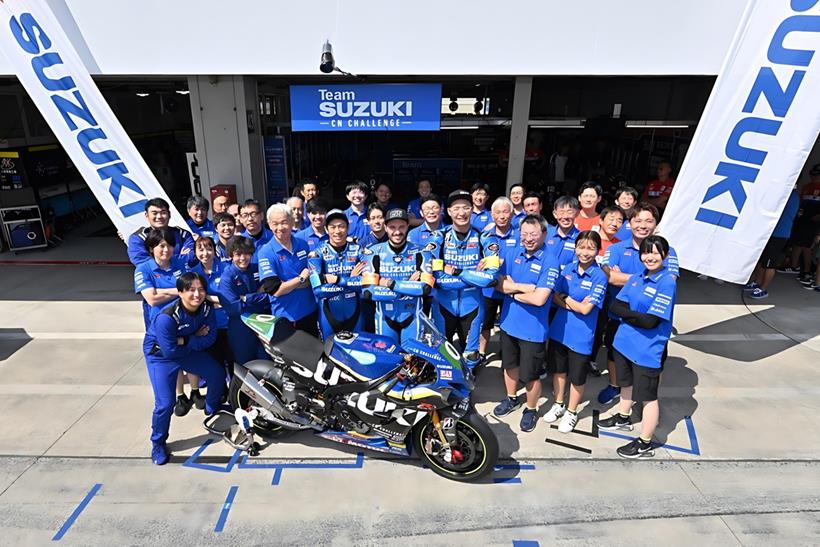
Gone forever
Despite Suzuki’s talk of a cleaner, greener future for their internal combustion engines, the brand confirmed that resurrecting the defunct GSX-R1000 would be unfeasible based on cost alone – despite Team Carbon Neutral Challange’s success in producing their low emission race bike.
Following a 21-year lineage, the cult classic machine saw its demise in Europe and Japan in 2022 with the advent of Euro 5 emissions regulations, although it remains available in other markets around the world.
“Utilising the Endurance World Championship as an opportunity for technological challenge is one thing, and something which we want to proceed with, but the making of products for customers is another prospect all together,” said Department Manager, Suzuki Motorcycle Design Planning Department, Shinichi Sahara.
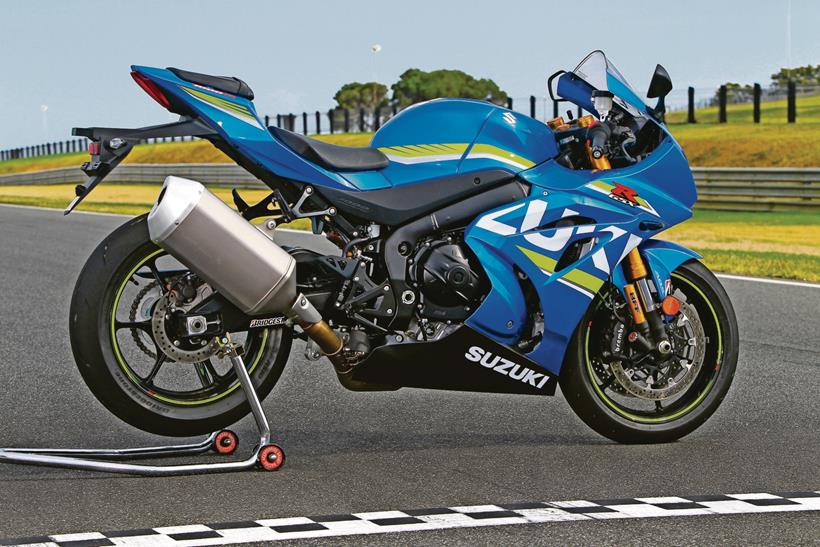
“Customers need to pay the price and if it is not economically feasible for them to purchase the product we make, then unfortunately we cannot produce such a bike because it will be too expensive.
“We need to see the balance between economic feasibility and the product. For this, a new GSX-R1000 would not be sustainable. The product needs to be made for the customers in their market. If customers cannot afford to buy it, it cannot exist.”








